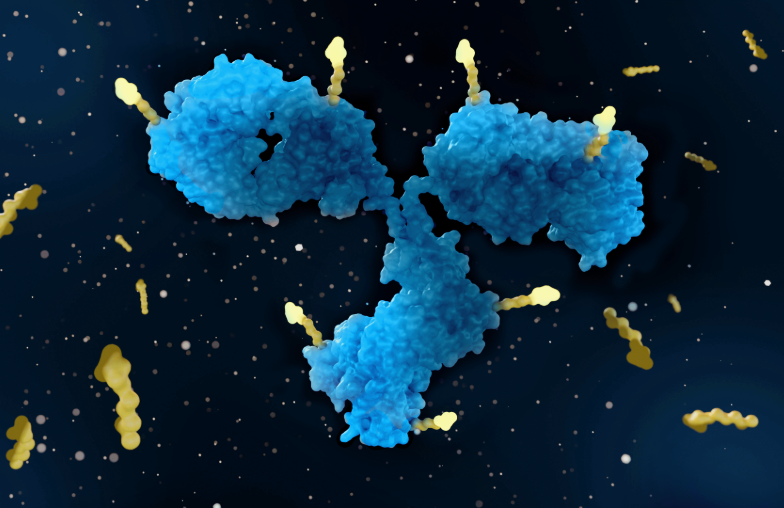What is Project Optimus?
Project Optimus, an initiative from the U.S. Food and Drug Administration (FDA), seeks to optimize the safety of oncology assets with an eye to patient outcomes and long-term efficacy. Since the draft guidance was released in January 2023 and finalized in August 2024, oncology drug development has shifted to accommodate. As an oncology specialist with both early- and late-phase expertise, Catalyst Oncology can help ensure your development plan is Project Optimus ready.
What is the effect?
Oncology clinical development has historically focused on Phase I trials around the goal of determining a maximum tolerated dose (MTD). With the industry moving past chemotherapy to the advancement of targeted therapies and immunotherapies, an MTD does not adequately balance safety and efficacy.
The FDA guidance recommends cancer drug developers build dose optimization into their clinical development plans early and to consider efficacy and tolerability with a focus on real-world impacts and the patient experience.
Practical implications of Project Optimus

Increased importance of early FDA interactions
Adaptive designs (BOIN is most popular; 3+3 is noncompliant)
Larger escalation sample sizes (50-60 patients including backfills)
Randomization against two dose levels prior to registrational study
Increased interim analyses to enhance understanding of dosing
Incorporation of PK/PD data into cohort management decisions
Patient reported outcomes and eCOA more prevalent
FDA Diversity Action Plans required for registrational studies
Global footprint for wider patient access as early as first-in-human (FIH)
Increased development costs
Navigating Project Optimus
Catalyst Oncology has extensive experience advising clients on how to optimize their early clinical development plans and protocols to comply with Project Optimus. We partner with our sponsors to ensure their assets are ready for FIH and a seamless agency interaction. Our breadth of services, including consulting, operational execution, diversity, equity and inclusion, and strategic feasibility, will increase your chances of a successful program.
Our services include:
We can help
Contact us to discover how Catalyst Oncology can help you navigate Project Optimus on your early-phase development program.



